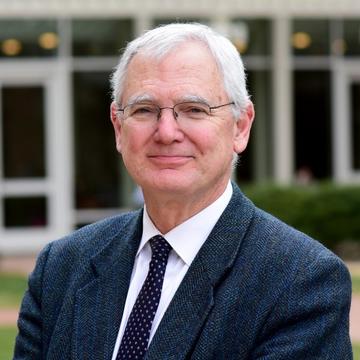Gorbachev: The de-Stalinizer
He worked with U.S. and German leaders, among others, to end the Cold War
Mikhail S. Gorbachev was the most consequential Russian leader since Stalin. He revolutionized Soviet foreign policy, and with it the international system—peacefully—and for this accomplishment he earned the Nobel Peace Prize. Domestically, he de-Stalinized the Soviet system, removing the ingrained fear of the state and even of neighbors that Stalin bequeathed to succeeding generations.
Domestically, he de-Stalinized the Soviet system, removing the ingrained fear of the state
He had a principled opposition to the use of force to resolve political disputes: When he told East European communist leaders that they were on their own, he meant it. And at home, any use of state-sponsored violence to curb political dissent (such as in Lithuania in January 1991) was quickly disavowed by him.
It was Gorbachev who was the principal agent, working with U.S. and German leaders, among others, to end the Cold War. Without Gorbachev, the peaceful unification of Germany and liberation of Eastern Europe could not have been achieved as soon as and in the way in which they were.
It was Gorbachev who was the principal agent, working with U.S. and German leaders, to end the Cold War
But Gorbachev was a leader with visions rather than programs. Had he a political network broad enough to work to implement his visions pragmatically and effectively, he might be remembered fondly in post-Soviet Russia today. On the whole, he is not.
Russian democrats felt that Gorbachev remained too closely tied to the Soviet Communist Party to be an instrument of true political liberalization while Russia’s more numerous nationalists, communists, and ordinary citizens hold him responsible for destroying the country that he was trying to save through systemic reform. His economic policies, based on partially dismantling a centrally planned economy without an alternative in the wings, triggered a decade-long depression beginning in 1990; katastroika rather than his self-styled perestroika (restructuring).
His assent to the rapid unification of Germany in NATO is to this day regarded by Russia’s national security elites as a catastrophe for Russia’s international influence. When he ran for President of post-Soviet Russia in 1996, he received less than 1 percent of the vote.
The unification of Germany in NATO is regarded by Russia’s national security elites as a catastrophe for Russia’s international influence
At the same time, even Vladimir Putin accepts that the Stalinesque Soviet economy that Gorbachev inherited, one that was overly isolated from the outside capitalist world market, was an enormous drag on the country’s prosperity and prospects. It was this situation that Gorbachev, almost alone among his contemporaries, was trying to change in fundamental ways. His immediate predecessors, however, had put off this task for so long—precisely for fear of the political consequences of economic decentralization—that they likely condemned a reformer like Gorbachev to failure.
They likely condemned a reformer like Gorbachev to failure
In successfully de-Stalinizing his country, he also de-Sovietized it. The roots of Stalin’s multiple legacies simply ran too deep.
Truly, a prophet is not without honor, save in his own country.
